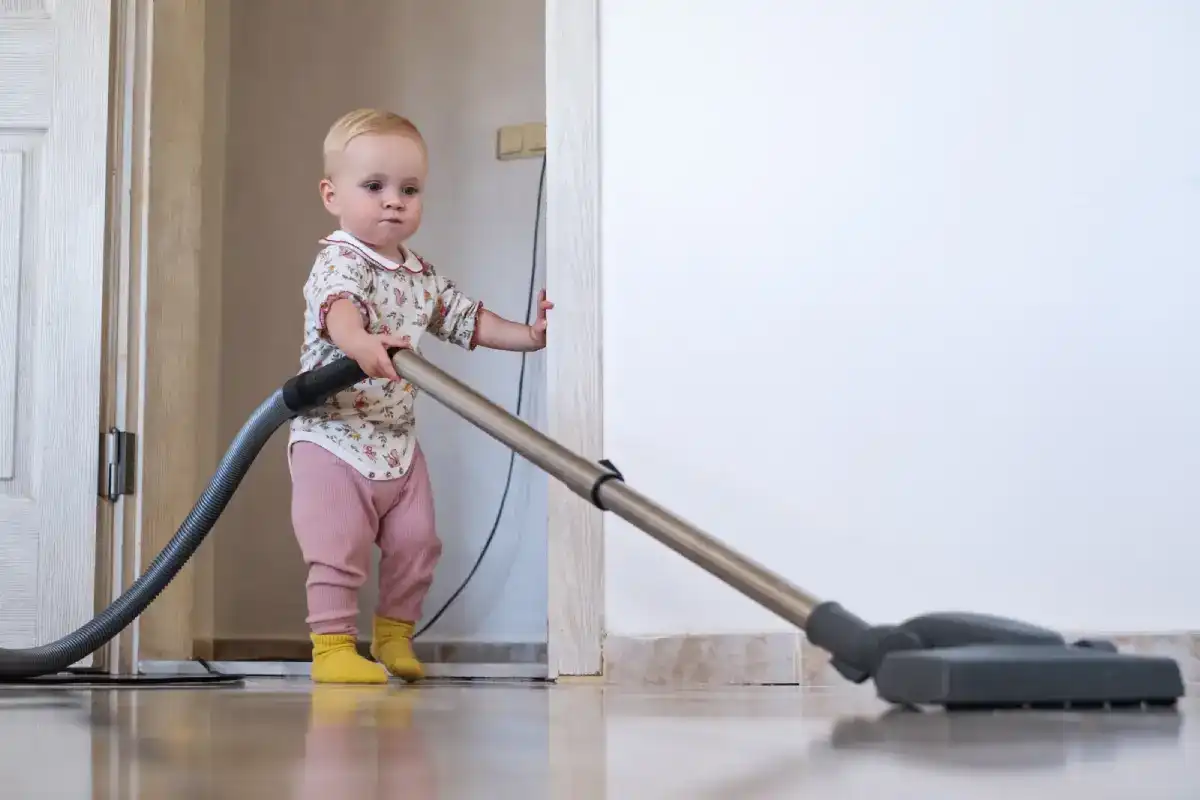Parents often encourage their kids to help and become more responsible. Remember those back-and-forth arguments with kids to take responsibility for their actions, doing their chores.
Of course, the best way to avoid these arguments is to book with home or cleaning services. Giving your kids household chores is a great way to teach them some essential life skills, such as helping take clothes out of the dryer, putting their clothes away, cleaning up after a meal by throwing away the paper napkins or wiping tables or counters, vacuuming to dish-washing, carrying a backpack from the car into child care, or turning off lights at bedtime.
Keep expectations realistic when kids are young and assist them with new chores. Building a healthy routine, kids feel resistant to tedious. Daily and weekly chores for kids become more responsible, making them more comfortable and easier to complete. Eventually, these tasks will become a part of their daily routine and make them feel more self-confident by giving them a sense of accomplishment.

Make A Stand
Make kids understand between the chores and fun because then they’ll be known what we expect of them. Be clear about what is considered a chore. Start by giving them simple and easy chores that they understand and complete their assigned tasks. Kids used to avoid the things they don’t enjoy or even deliberately forget that it’s time for cleaning. But if kids are avoiding or postponing their chores, it’s time to stop and take a stand.
Talk to them and develop an understanding first; family chores can be fun for children if we make laundry part of the game, which involves sorting, matching, and tossing socks in the basket, and putting the vegetables in the basket involves tasks like counting and colours.
Money-The Great Motivator
A simple “great work is getting the chores done to reward or give some incentive and appreciate your child’s effort. Likewise, allowances or rewards in the form of money, their favourite cookies, candies, or it can give them token a reward, etc. So, when your kids do their tasks on time and without being reminded, that’s the right time to reward them. Or when they fail to do their chores, remind them.
Don’t forget to maintain a balance between incentive and recognition; even too much reward is not good. Rewards and incentives fulfil a dual; one, kid tends to show more interest in chores and second, kids will comprehend that they have to put an effort first if they want something. Chores are part of living and should be considered a family contribution.

How To Make Them Do Chores?
Children who consider themselves necessary to the family must develop an awareness of the needs of others. Penalizing bad behaviour will make your kids menial in the chores. It’s always satisfactory to start with healthy activities like washing the dishes or mopping the floor as punishment.
It’s healthy for kids to contribute at home. Being a part of house cleaning contributes to their physical development and emotional well-being. Ideally, Your kids should think of house chores as part of the daily routine; for example, after breakfast, at least put dishes in the sink and organize your toys back after playing or make the bed after they wake up. In addition, this new healthy habit will help the kid have psychological-developmental needs related to doing chores.
It’s not always a chore and developing a good habit; there is another way to interest your kid in chores. Bonding with the kid through fun activities is way more important than arguing with them about house chores. It seems challenging to leave your leisure time and spend it doing what your kids need to do by themselves. This builds confidence, and you become good friends with your kids when you do things together. Task accomplishments can also give you confidence. To continue challenging yourself and the kid to complete the task will build confidence.
